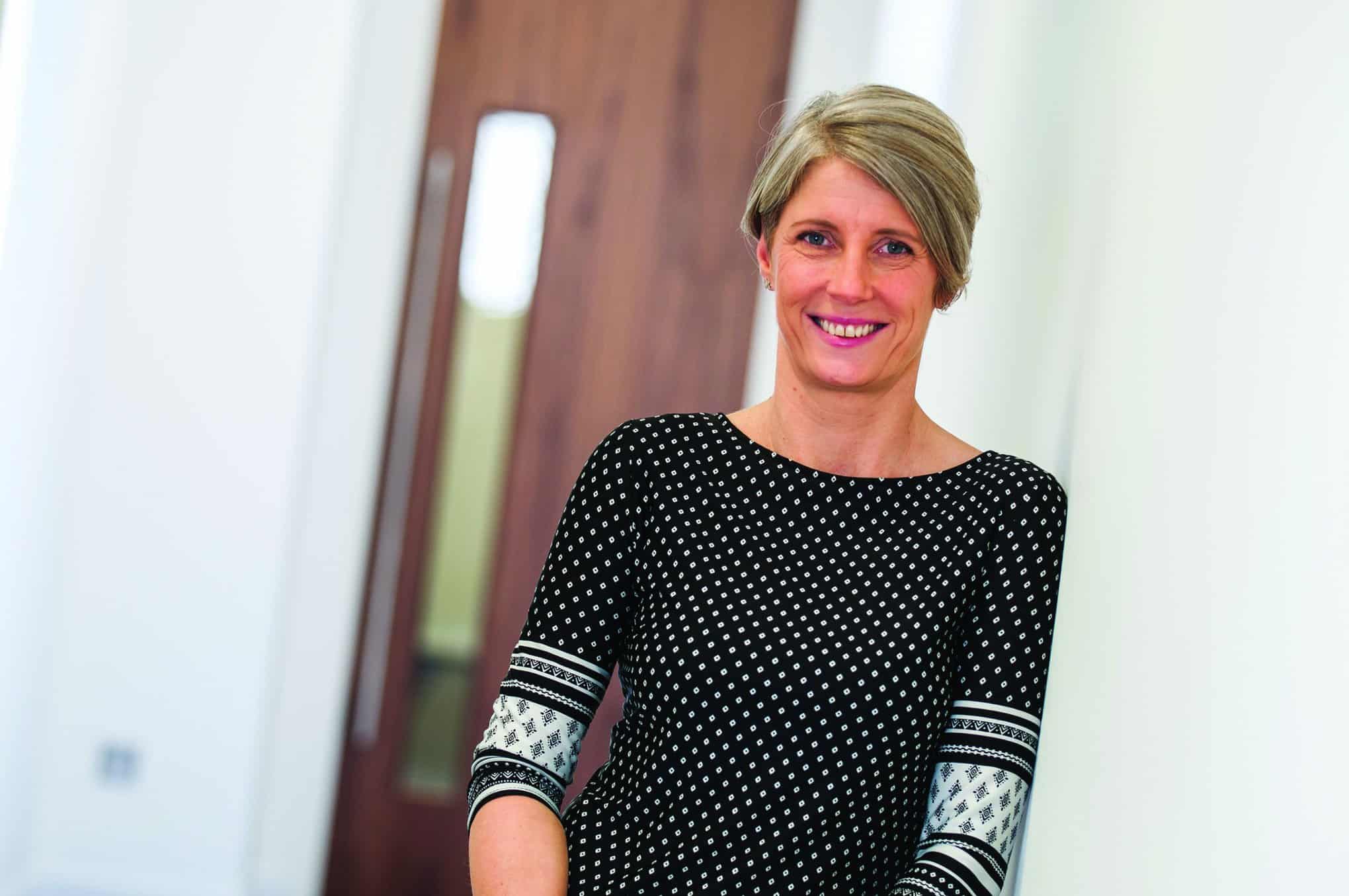
Engaging and motivating employees is not a new topic for leaders in medical communications.
Neither is flexible or remote working. The coronavirus pandemic has caused many assumptions about working practices to be challenged, and while it has been devastating to see the impact for many organisations, we have also seen others respond with resilience and commitment. Would moving to a fully remote model ever have been considered as an option for organisations prior to 2020? Yet here we are, with many of us living and breathing it every day.
It has become the norm to embrace the opportunity to innovate and be courageous with new approaches, working alongside clients, partners and employees to transform interactions, approaches and communications. The particular circumstances of the pandemic have, however, also drawn into sharp focus challenges in terms of engagement and the remote nature of our current working world.
Communication
Keeping communications frequent, transparent, part of a dialogue and consistent is key when thinking about ways to connect when in- person and face-to-face conversations are limited.
When you think about the numerous connections individuals are making on a daily basis, formally and informally, communication channels can get overloaded. Having a clear strategy for communication enables diverse approaches that can appeal to different styles.
Well-being
Irrespective of how many connections may be made and how much communication may occur, people can still feel overwhelmed or isolated. Resources that are available for employees to access – such as counselling lines, facilitating the sharing of hints, tips and experiences, providing time for social as well as work interaction, and asking employees what they need – are common approaches to understanding the well-being needs of your organisation.
Often the most effective approach is a simple check-in by a manager or a colleague to see how employees are doing personally and professionally. Physical health is important, too. Being able to access information that allows the correct physical space set-up and to think about the structure of the day enables individuals to look after themselves at their desks and away from them. When organisations have a strong culture of support and ‘togetherness’, everyone can play a part in looking out for each other.
Staying productive and engaged
Being separated from colleagues and teams could hamper collaboration and team dynamics. Equally, it can help with tasks that are more stand-alone or more autonomous. Keeping connected with teams virtually and having shorter meetings and bursts of activity can help teams feel energised and engaged around a particular topic. And sharing achievements is a great way to keep team members up-to-date with what’s going on.
Sharing hints and tips about what is working is a great way of keeping in touch, supporting each other and staying engaged. It’s also worth remembering that there are days when we may not be at our best, and actually that’s okay.
Boundaries
I’ve personally heard of many employees who are enjoying the extra time they have now that they are no longer commuting, and are able to spend more time with their families, adjust their schedules to create a better balance, and perhaps even learn a new skill or take up a new hobby.
However, it can be difficult to create boundaries and a sense of always needing to be available can creep in. For those home schooling, caring or without the ability to create a separate workspace, this is even more keenly felt. Evolving approaches to flexible working, being agile and supporting individuals to find a balance that works is critical. It must be founded on trust, setting a new tone for how work could be completed, focused on goals rather than schedules.
We mustn’t forget the relevance of the office – its contribution to communications, well-being, engagement and social interaction should not be underestimated. Returns to the office will vary and look and feel different across the globe. Personally, I believe it will be a marathon rather than a sprint, with what may be a few false starts along the way. And
it will cause us all to ask how we want our offices to operate and be utilised in the future.
Strategic priorities
All this talk about the pandemic can be distracting. Remaining focused on strategic priorities is even more important than ever to build and sustain our industry. This is a time for consolidating best practice, celebrating resilience and commitment, and taking the opportunity to rethink and be innovative in embracing the future.
What seems certain is that there will be a ‘new normal’. We all need to be prepared for the changes that will continue to occur, some of which will be out of our control. In the long term, if we can remain agile and responsive, this will benefit our industry, organisations and employees.
Petra Battersby is Chief People Officer at Envision Pharma Group





